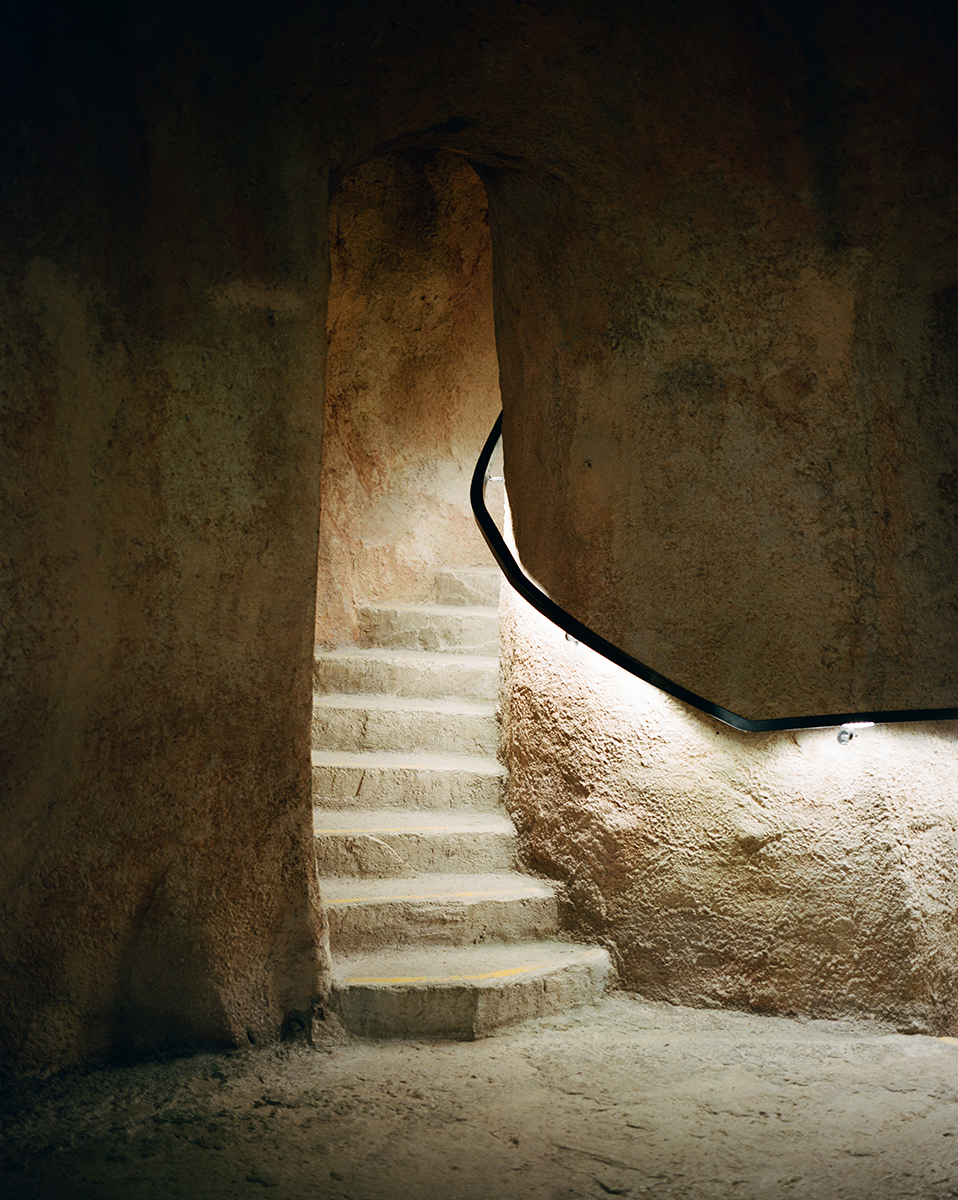Post-nature
year:
2022
Featured in Parklife Magazine volume 1.
When wandering into a park, I can’t help but feel a sense of some kind of reconnection with nature, however artificial this feeling might be. Trees, birds singing, plants, the soft sound of water in a false river running through a pump, all remind me of a dreamed vision of the natural world. There is something striking about the persistence of this cultural interpretation despite the unnaturalness of so natural a place.
Usually opposed to culture and what belongs to the realm of humans, the term nature seems obsolete within the reality of the Anthropocene. In fact, everything until the air we breathe is profoundly marked by the homo sapiens’ footprint: plastic populates the ocean, carbon spreads into the atmosphere, debris from satellites fill up the orbit and chicken bones will inform future generations about this geological era.
In a complex “now” and “here” that challenges the dichotomy of what belongs to the “natural” and to the “cultural”, we are left with a blurry definition of what nature is. In this fuss, wilderness appears as the last resort to maintain the myth: left “untouched” reserves represent gardens of Eden where we can “escape” our condition and get a chance to observe other beings in their so-called “natural habitat”. Within urban environments, parks are often aimed at recreating such a fantasy over nature.
location:
Paris, Franceteam:
N/Ayear:
2022commissioner:
self-initiatedFeatured in Parklife Magazine volume 1.
When wandering into a park, I can’t help but feel a sense of some kind of reconnection with nature, however artificial this feeling might be. Trees, birds singing, plants, the soft sound of water in a false river running through a pump, all remind me of a dreamed vision of the natural world. There is something striking about the persistence of this cultural interpretation despite the unnaturalness of so natural a place.
Usually opposed to culture and what belongs to the realm of humans, the term nature seems obsolete within the reality of the Anthropocene. In fact, everything until the air we breathe is profoundly marked by the homo sapiens’ footprint: plastic populates the ocean, carbon spreads into the atmosphere, debris from satellites fill up the orbit and chicken bones will inform future generations about this geological era.
In a complex “now” and “here” that challenges the dichotomy of what belongs to the “natural” and to the “cultural”, we are left with a blurry definition of what nature is. In this fuss, wilderness appears as the last resort to maintain the myth: left “untouched” reserves represent gardens of Eden where we can “escape” our condition and get a chance to observe other beings in their so-called “natural habitat”. Within urban environments, parks are often aimed at recreating such a fantasy over nature.
